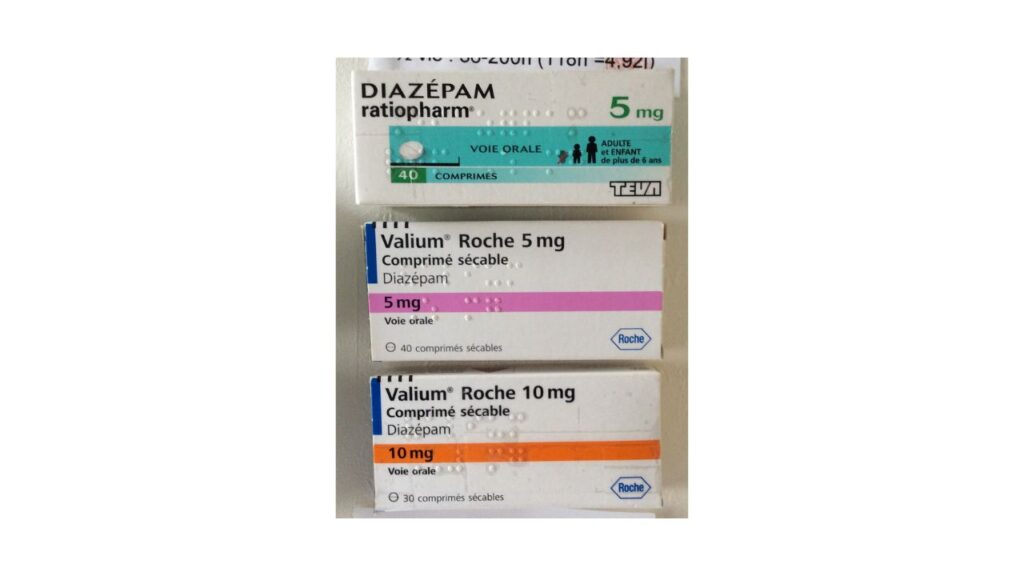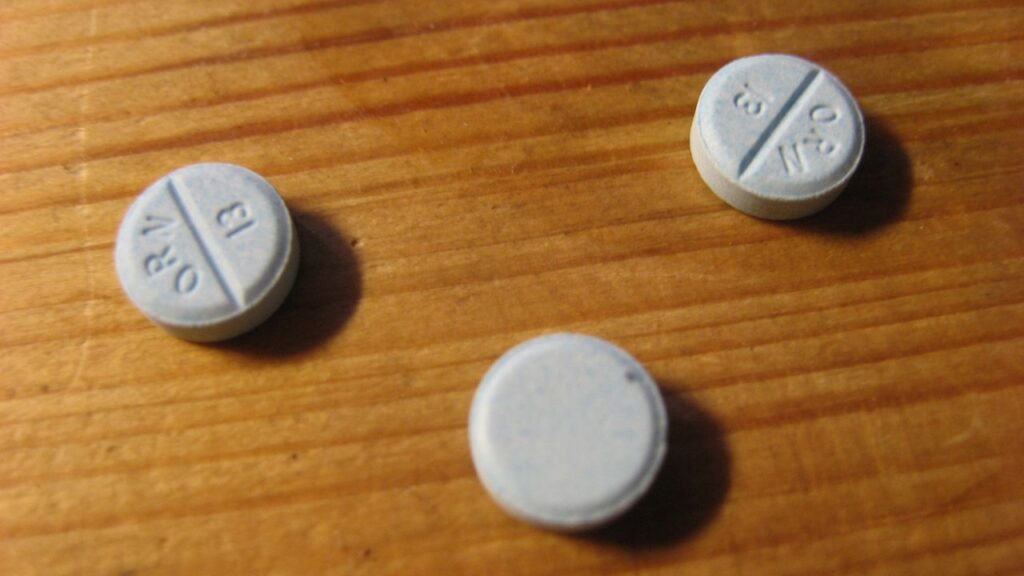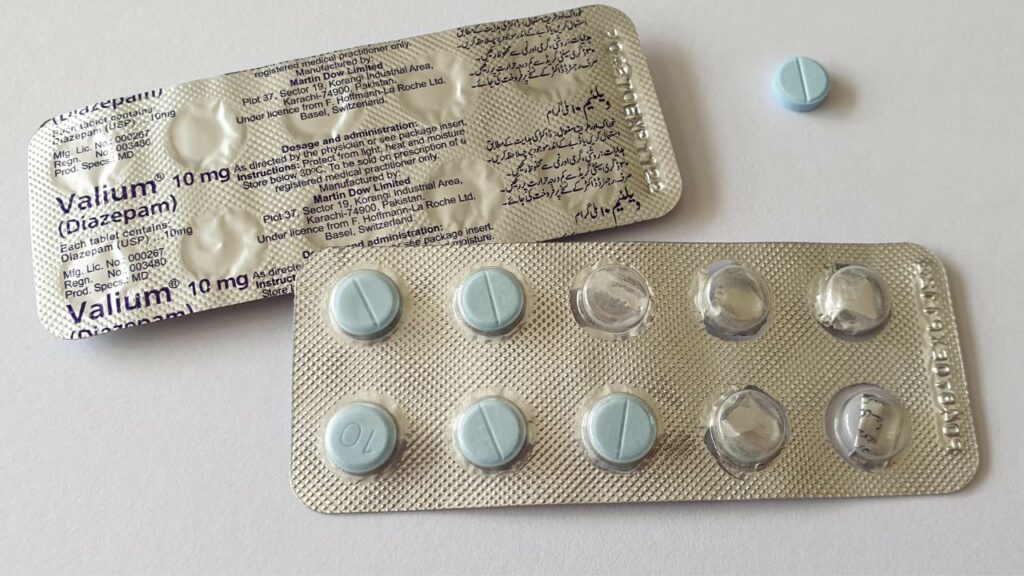Valium, a prescription medication known generically as diazepam, is a benzodiazepine commonly prescribed to treat anxiety disorders, muscle spasms, alcohol withdrawal symptoms, and seizures. While Valium can be an effective treatment option when used as directed by a healthcare professional, it also carries a significant risk of addiction and abuse.
What is Valium and How Does It Work?
Valium is a long-acting benzodiazepine that works by enhancing the effects of a neurotransmitter called gamma-aminobutyric acid (GABA) in the brain. GABA is responsible for reducing neuronal excitability, leading to a calming effect on the central nervous system. By increasing GABA activity, Valium helps to reduce anxiety, relax muscles, and promote sleep.
Valium is available in tablet, liquid, and injectable forms, and is typically prescribed for short-term use. The dosage and duration of treatment will depend on the individual’s specific condition and medical history.
Side Effects and Risks
Like all medications, Valium can cause side effects, some of which may be more pronounced when the drug is used in higher doses or for extended periods. Common side effects of Valium include:
- Drowsiness and fatigue
- Dizziness and lightheadedness
- Confusion and disorientation
- Impaired coordination and balance
- Memory problems and forgetfulness
- Slurred speech
- Blurred vision
- Nausea and vomiting
- Constipation
- Changes in appetite and weight

In rare cases, Valium use may lead to more severe side effects, such as:
- Respiratory depression
- Allergic reactions
- Jaundice
- Seizures
- Suicidal thoughts or actions
The Potential for Valium Addiction and Abuse
One of the most significant risks associated with Valium use is the potential for addiction and abuse. Valium has a rapid onset of action and can produce feelings of relaxation, euphoria, and well-being, making it attractive to those seeking to misuse the drug for recreational purposes.
Over time, individuals may develop a tolerance to Valium, requiring higher doses to achieve the desired effects. This can lead to physical dependence, where the body adapts to the presence of the drug and experiences withdrawal symptoms when use is reduced or stopped abruptly. Withdrawal symptoms may include:
- Anxiety and restlessness
- Insomnia
- Tremors and seizures
- Sweating and heart palpitations
- Nausea and vomiting
- Hallucinations and delirium
Signs of Valium addiction may include:
- Taking higher doses than prescribed or using Valium more frequently
- Using Valium for longer than intended or prescribed
- Neglecting responsibilities at work, school, or home due to Valium use
- Experiencing withdrawal symptoms when not using Valium
- Engaging in risky or dangerous behaviors while under the influence of Valium
- Continuing to use Valium despite negative consequences to health, relationships, or finances
- Spending significant time and resources obtaining, using, and recovering from Valium use
- Unsuccessfully attempting to cut back or quit using Valium
The consequences of Valium addiction can be severe and far-reaching, impacting an individual’s physical and mental health, relationships, career, and overall quality of life.

How Destination Hope Can Help with Valium Addiction
If you or someone you love is struggling with Valium addiction, it’s essential to seek professional help as soon as possible. At Destination Hope, a leading drug and alcohol addiction treatment center in Fort Lauderdale, Florida, we offer comprehensive, evidence-based treatment programs designed to address the unique needs of each individual.
Our experienced team of addiction specialists, including board-certified physicians, licensed therapists, and certified counselors, provides a full continuum of care to support clients throughout their recovery journey. Our services include:
- Medical detoxification: Our medical detox program is designed to help clients safely and comfortably manage withdrawal symptoms under 24/7 medical supervision.
- Residential treatment: Our residential treatment program provides a structured, supportive environment where clients can focus on their recovery free from the distractions and triggers of everyday life.
- Partial hospitalization and intensive outpatient programs: These programs offer flexibility for clients who require ongoing support while transitioning back to their daily routines.
- Individual, group, and family therapy: Our therapeutic approach incorporates evidence-based modalities such as cognitive-behavioral therapy (CBT), dialectical behavior therapy (DBT), and motivational interviewing to help clients develop the skills and strategies necessary for long-term recovery.
- Holistic therapies: We offer a range of holistic therapies, including yoga, meditation, art therapy, and more, to promote overall wellness and support the recovery process.
- Aftercare planning and support: Our team works closely with clients to develop comprehensive aftercare plans that include ongoing therapy, support group participation, and other resources to help maintain sobriety and prevent relapse.
At Destination Hope, we understand that seeking help for Valium addiction can be challenging, but we are here to support you every step of the way. Our compassionate, non-judgmental approach ensures that you will receive the care, guidance, and encouragement you need to build a foundation for lasting recovery.
Don’t let Valium addiction control your life any longer. Take the first step towards a brighter, healthier future by calling Destination Hope at 954-302-4269. Our admissions team is available 24/7 to answer your questions, provide support, and help you begin your journey to recovery. With the right treatment and support, it is possible to overcome Valium addiction and reclaim your life.

